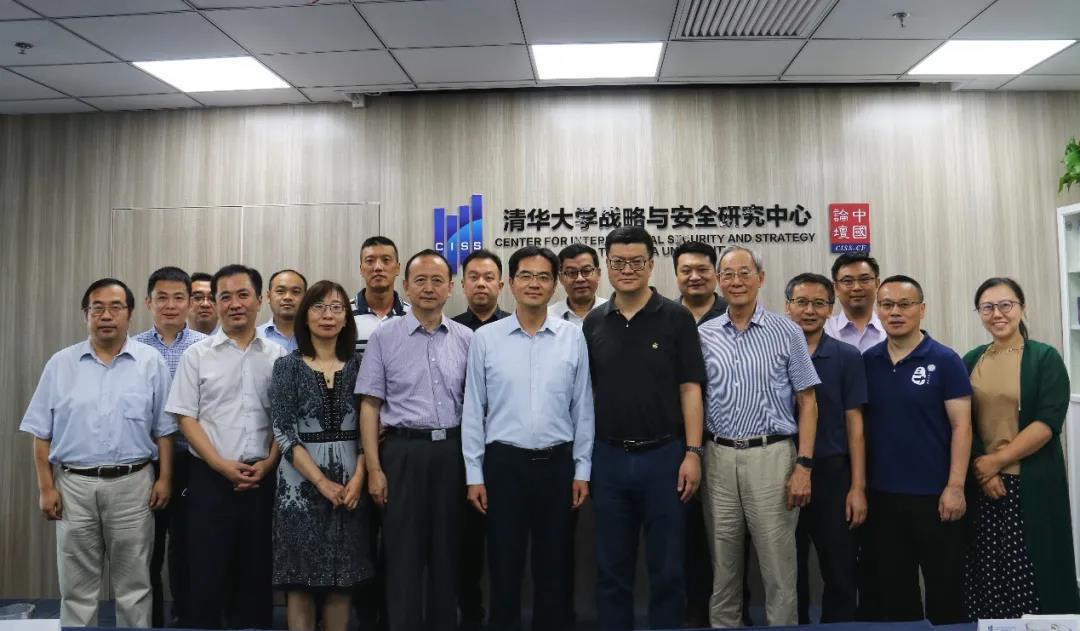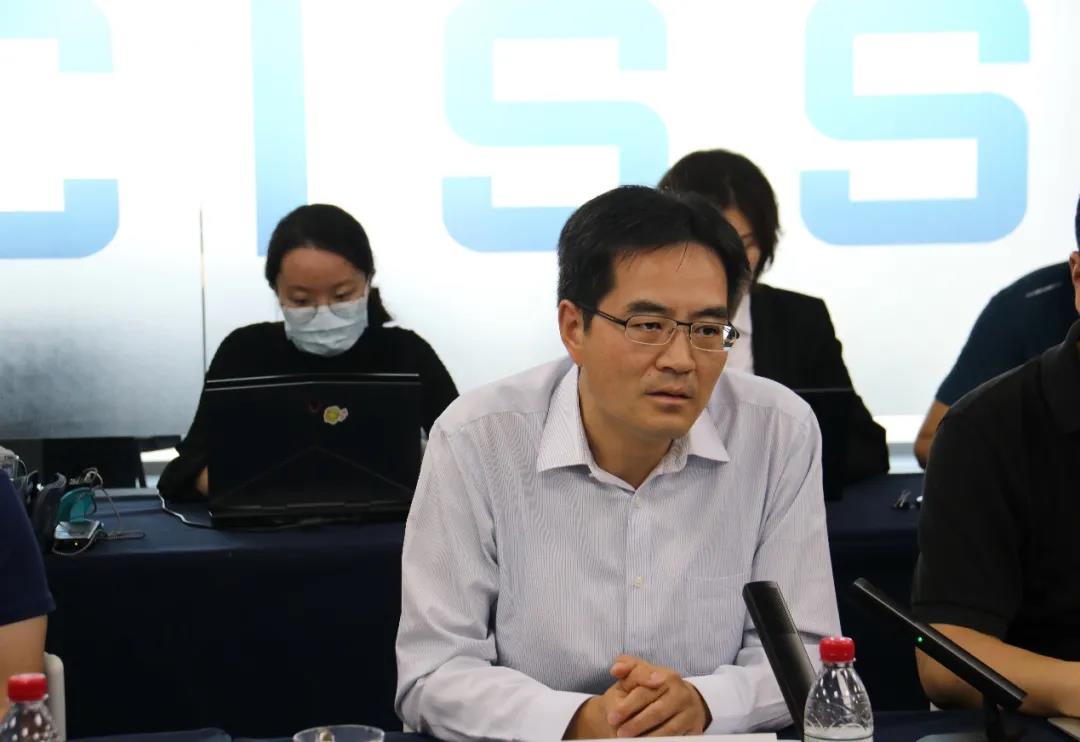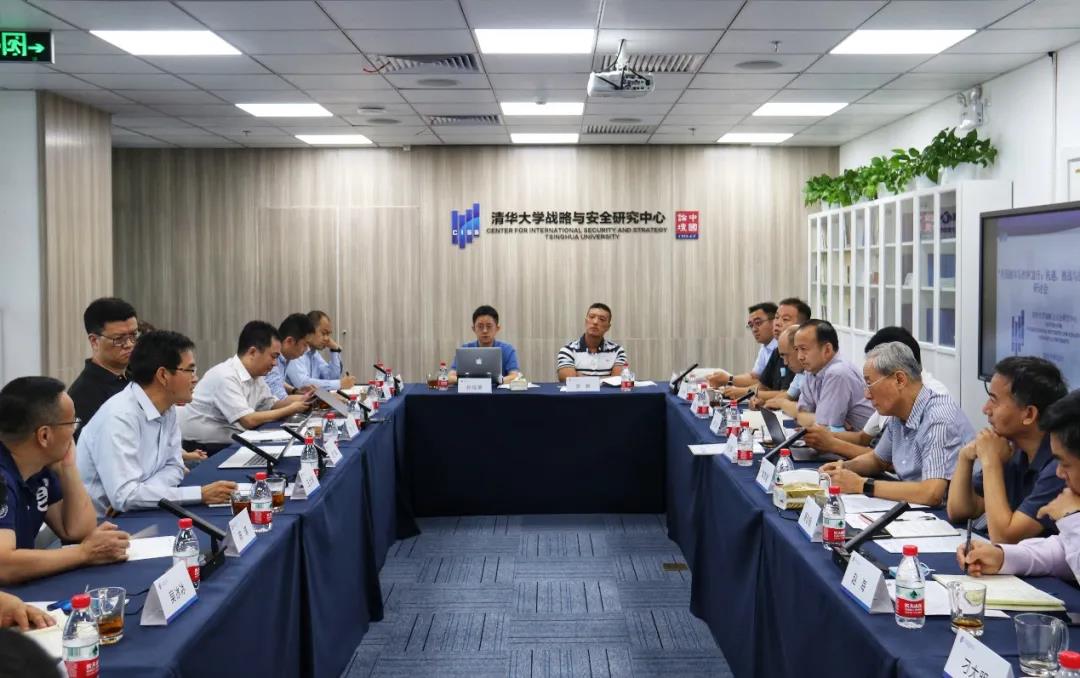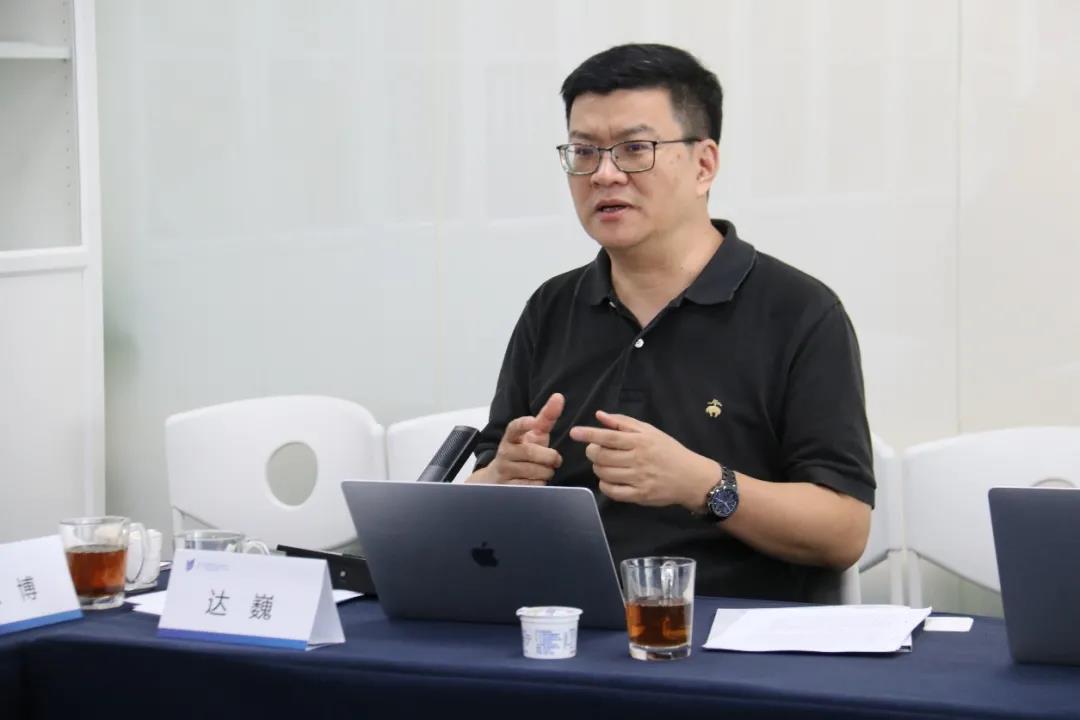On September 3, 2021, the Center for International Security and Strategy (CISS) at Tsinghua University held its 19th Security and Strategy Seminar themed “Afghanistan after the US Withdrawal: Opportunities, Challenges and Responses,” convening more than 20 participants, including CISS academic committee members, fellows and invited experts.

WANG Daxue, Counsellor at the Department of Asian Affairs at the Ministry of Foreign Affairs of China, was invited to give an internal briefing on the situation in Afghanistan.

The event was divided into two sessions. The morning session was moderated by Professor DA Wei, Deputy Director of CISS. In this session, experts explored the future situation in Afghanistan, geopolitical competition changes in the surrounding areas after the withdrawal of the US and other Western troops, and the attitudes of the neighboring and major countries toward the Taliban.
The afternoon session was entitled “Opportunities and Challenges for China,” which was moderated by CISS Fellow AN Gang. Experts exchanged views on the opportunities and challenges facing China-Afghanistan cooperation, the status of Afghanistan in the Belt and Road Initiative, as well as the competition and cooperation between China and the US on Afghanistan. Further on, they proposed countermeasures for the Chinese government and businesses to address Afghanistan-related issues in the future.
Experts believe that the regime change in Afghanistan will profoundly reshape the regional and global geopolitical landscapes, and that China should make a comprehensive, integrated and objective assessment of its interests and risks in taking part in Afghanistan’s reconstruction, which offers both opportunities and challenges. Furthermore, China and the international community need to reach the greatest consensus on the Afghan issue and engage in close coordination and cooperation in facilitating relevant international mechanisms to achieve a moderate and constructive “involvement”.

In his concluding remarks, Professor Da expressed his hope that as considerable uncertainties remain in Afghanistan, the panelists would continue to follow the situation closely and exchange information and views in a timely manner to contribute even more insights in the future.

